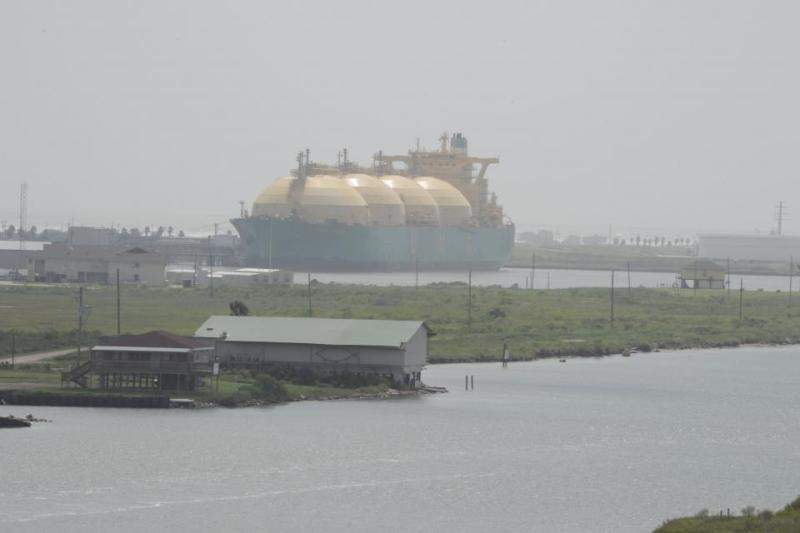
A study carried out by UMAS consultancy has revealed that switching to liquefied natural gas (LNG) is expected to cost the European shipping industry $22bn and would be an expensive distraction for the sector, with little impact on decarbonisation efforts.
The transition is estimated to deliver a maximum 6% reduction in ship greenhouse gas emissions by 2050 compared to the replaced diesel.
The study, which was conducted on behalf of Transport & Environment (T&E), also found that the meagre emissions savings might be outnumbered by the growth of maritime trade, even before possibly higher rates of methane slip are considered.
Methane slip is a process that involves the release of unburned methane through the exhaust in the event of incomplete combustion. Methane is a strong source of greenhouse gas (GHG) and is 28 times more potent than carbon dioxide (CO2).
According to a recent US study, methane slippage rates are 60% higher than previously estimated.
The T&E study also found that the implantation of the EU’s 2014 Alternative Fuels Infrastructure Directive, which mandates the member states to build a comprehensive LNG infrastructure across their ports, will make the decarbonisation of shipping even more challenging.
How well do you really know your competitors?
Access the most comprehensive Company Profiles on the market, powered by GlobalData. Save hours of research. Gain competitive edge.

Thank you!
Your download email will arrive shortly
Not ready to buy yet? Download a free sample
We are confident about the unique quality of our Company Profiles. However, we want you to make the most beneficial decision for your business, so we offer a free sample that you can download by submitting the below form
By GlobalDataThe study also revealed that Europe has spent half a billion US dollars on developing LNG infrastructure to refuel ships so far.
T&E shipping officer Faig Abbasov said: “LNG is not a bridge fuel, it’s an expensive distraction that will make it harder for the EU to achieve its shipping climate goals and reduce gas imports from places like Russia.
“Europe should back future-proof technologies that would deliver the much greater emissions reductions that will be needed, including port-side charging or liquid hydrogen infrastructure.
“This means the EU needs to stop mandating LNG infrastructure in European ports.”
In April, the International Maritime Organisation agreed that the global shipping industry must decarbonise and at least halve its GHG emissions by 2050, but it has not suggested any measures to achieve this.
The global shipping currently accounts for 2-3% of emissions and, in the absence of any measures, it is estimated to be responsible for up to 14% by 2050.







